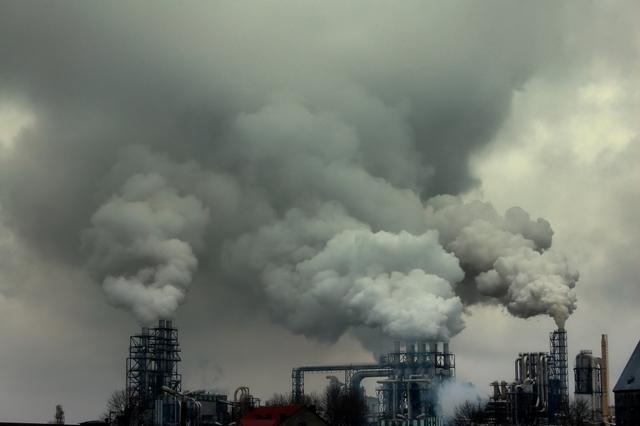Pakistan continues to struggle with severe air pollution and ranks as one of the world’s most smog-affected countries, according to new data released on Tuesday. The country’s air quality is well under the recommended standards of the World Health Organization (WHO), with dangerous particles (PM2.5) levels that significantly exceed safe boundaries.
By 2024, Pakistan was ranked among the five most polluted countries globally with Chad, Bangladesh, the Democratic Republic Congo and India. The average PM2.5 concentration in Pakistan was alarmingly high and surpassed far that the WHO’s secure limit of 5 micrograms per day. Cubic meters, which was only greeted by 17% of global cities last year.
This sustained smog crisis is not only a major health problem, but also a setback in the country’s efforts to improve air quality. Larger urban centers such as Lahore and Karachi regularly face intense pollution, especially in winter, when fog and industrial emissions are combined to aggravate air quality.
Pakistan’s dependence on external surveillance sources has also become a significant challenge.
For years, the US State Department’s air quality sensors installed on embassy and consulate buildings provided crucial real-time pollution data for many developing countries, including Pakistan.
However, the United States recently completed this surveillance program with reference to budget limits. This has left countries such as Pakistan vulnerable to gaps in pollution data, making future efforts to fight smog more difficult.
Christi Chester-Schroeder, Air Quality Science Head of Iqair, highlighted the impact on countries such as Pakistan, where these surveillance stations were often the only source of real-time air quality information. “The loss of these surveillance stations is a huge blow to the efforts in regions where pollution data is sparse,” she said.
As global pollution levels increase, climate change is intensified to the situation. Higher temperatures lead to longer, more severe forest fires, especially in parts of Southeast Asia and South America, which further aggravates air quality.
The closure of the US air quality program can affect at least 34 countries, including Pakistan, with a significant loss of reliable pollution data. Christa Hasenkopf, director of the Clean Air program at the University of Chicagos Energy Policy Institute, described the move as a significant setback. “It’s a huge blow to air quality efforts around the world,” she said.
With climate change exacerbated pollution and the loss of key surveillance tools, Pakistan faces an ever -harder fight against his smog crisis. The need for reliable air quality data and stronger pollution control measures has never been more urgent.



